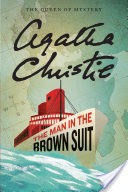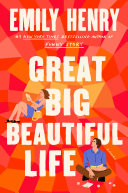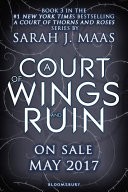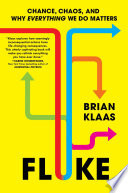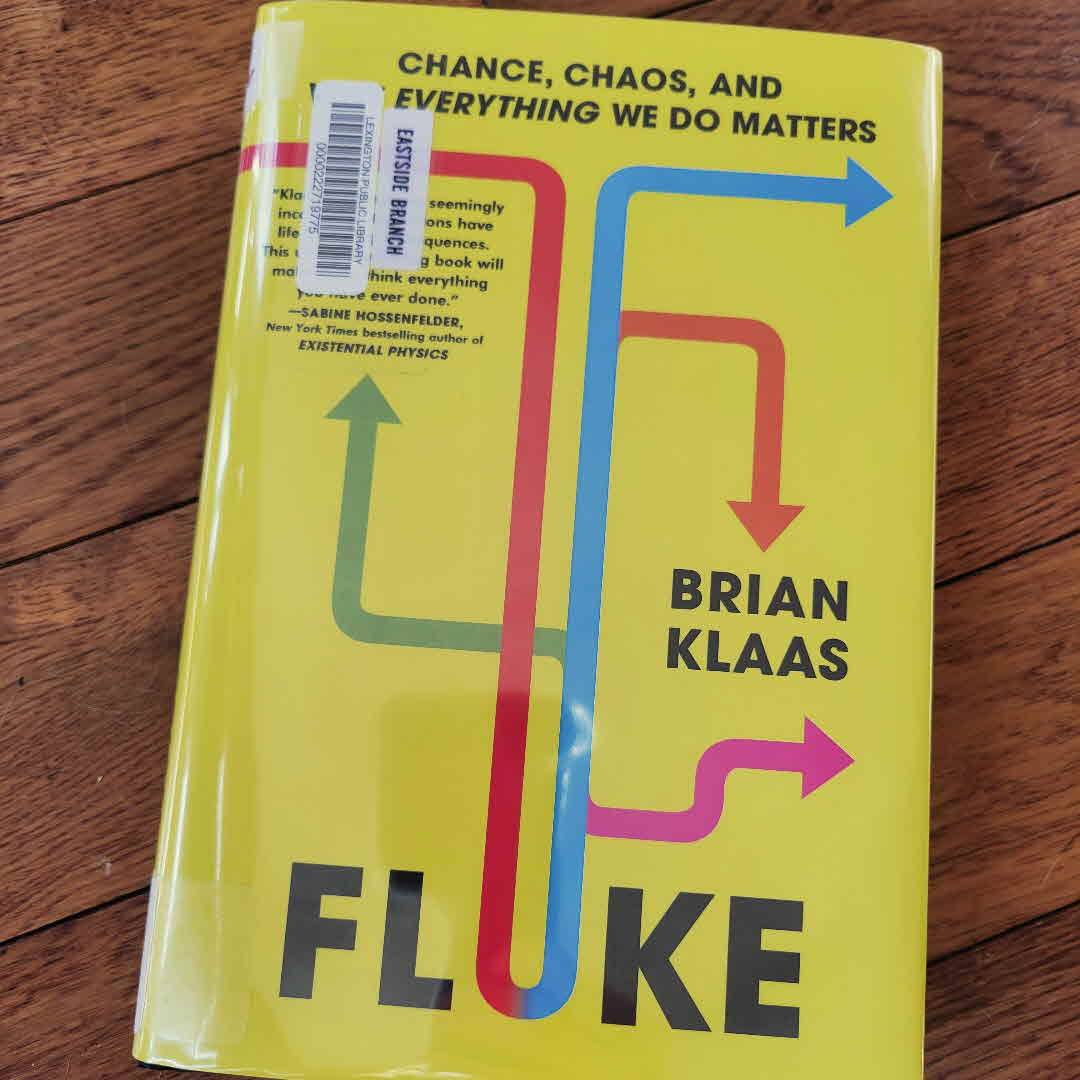
If you believe everything happens for a reason, this may not be the book for you. The author explores chaos theory, our hard-wired preference for simple explanations of cause and effect, and the flaws inherent in the study of human behavior, ending with a discussion of determinism versus free will. A highly readable and wide-ranging discussion of an intriguing topic, although the rapid fire barrage of concepts (basins of attraction!) can be a lot.
24 likes







